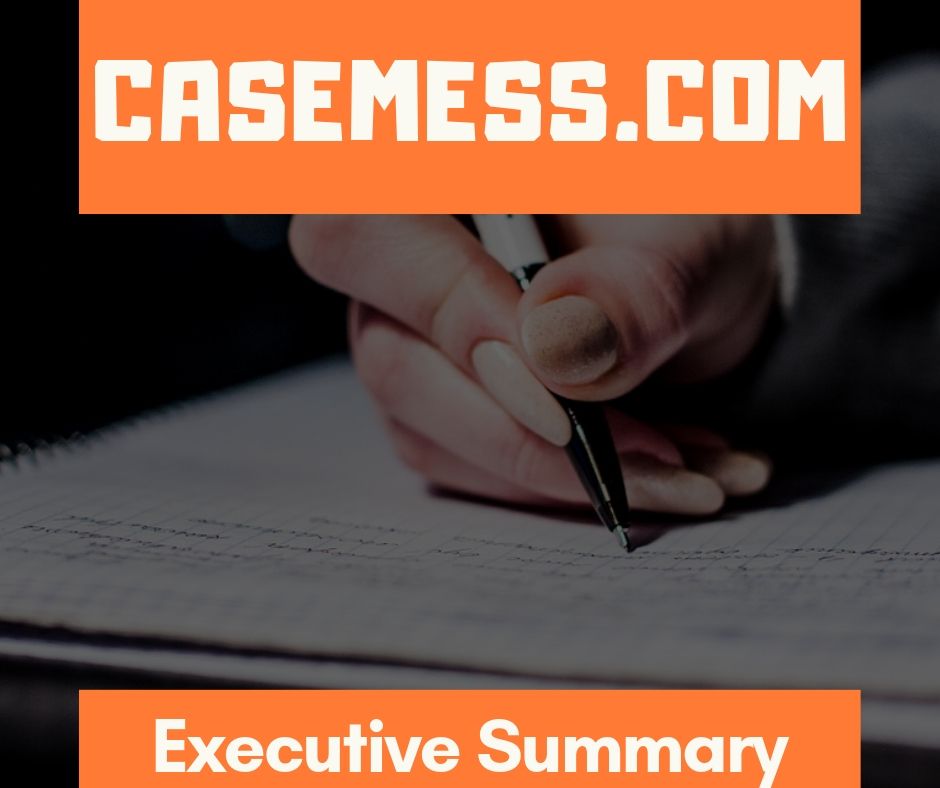Executive Summary of Citigroup Wachovia Wells Fargo Case Study Solution
Home >> Ivey >> Citigroup Wachovia Wells Fargo >> Executive Summary
Executive Summary of Citigroup Wachovia Wells Fargo Case Help
An essential symbol for power and financial strength-- American capitalism of unprecedented productivity and wealth, the strength of developing a nation which is in recent times the resentment of the world. On the report of Milton Friedman, the terms 'capitalism' has actually known to have extreme variable and extremely comparative meaning. To some level, the capitalism is a term of opprobrium which signifies the persecution of little modest companies through callous prodigious monopolies; while, near others considers it as a hope that represents males's flexibility in order to shape their own destinies of economy. The unleashing energy and ingenuity of human to elevate the living standard of masses.
 According to Charles Fishman, Citigroup Wachovia Wells Fargo Case Executive Summary is a colossal story of success in America as transformative and a secret force in the economy of America. The Citigroup Wachovia Wells Fargo Case Executive Summary Result and a Decent Society elaborates the mega corporation's actions and bring the impact of their positive and unfavorable actions mainly on stakeholders. A concept has actually been promoted by the authors that if Citigroup Wachovia Wells Fargo Case Executive Summary and other mega corporations satisfy the expectations of civil society in the matter of social well-being, security, health and the environment may serve as a good example for shifting the way business has actually been performed in the global market i.e. to do well-- undoubtedly, to do much better-- by doing excellent.
According to Charles Fishman, Citigroup Wachovia Wells Fargo Case Executive Summary is a colossal story of success in America as transformative and a secret force in the economy of America. The Citigroup Wachovia Wells Fargo Case Executive Summary Result and a Decent Society elaborates the mega corporation's actions and bring the impact of their positive and unfavorable actions mainly on stakeholders. A concept has actually been promoted by the authors that if Citigroup Wachovia Wells Fargo Case Executive Summary and other mega corporations satisfy the expectations of civil society in the matter of social well-being, security, health and the environment may serve as a good example for shifting the way business has actually been performed in the global market i.e. to do well-- undoubtedly, to do much better-- by doing excellent.
Citation of Citigroup Wachovia Wells Fargo Case Executive Summary as the embodiment of commercialism in America involves utilization of guaranteed examples together with remarkable facts and data for sustaining a fascinating yet tantalizing concern--" How do we guarantee that American capitalism develops a decent society for everyone in the age ahead?"
It is in some way thought about important for the facility of what H. Lee Scott get away from throughout his usage of term a good society. Rather, a trustworthy thought school would perhaps describes a decent society as a civilization i.e. characterized through a high life quality with exceptional power of acquiring and perfect conditions of economy which were initiated through the companies that achieve success in sustainability by showing great requirements of principles and consistent going beyond the CSR (Corporate Social Obligation) restricts to supply benefit to their neighborhoods at regional level. As an illustration, this kind of society would concurrently thought to be well balanced, progressive, efficient, competitive and without social evils.
The society's stalwarts in spite of the truth that push for constant development and advancement is expected to strongly advocate the welfare of community. Business companies in such type of societies are subjected to extensive measures of corporate governance.
 Considering above pointed out example of an ideal society, it appears relatable for measurement where there is a comparison of contemporary in society of United States of America. Therefore, it illustrated alarming results-- the supremacy of United States of America by mammoth organizations such as Citigroup Wachovia Wells Fargo Case Executive Summary having the power and ability of affecting the entire consumption patterns and choices of a country. Thus, it likewise consists of culture and economy of the nation. These giant companies might provide various benefits to the modern-day society in order to do so, but quite typically, the process of decision making have damaging effect. The thing which is concerned to be more baffling is based upon the economy of industrialism consisting of individuals who are accountable to make choices on their own and can manage fundamental resources required in performance and that in contradiction are the decisions which are followed to in a grander strategy made under the organizational types of non-capitalists by the federal government.
Considering above pointed out example of an ideal society, it appears relatable for measurement where there is a comparison of contemporary in society of United States of America. Therefore, it illustrated alarming results-- the supremacy of United States of America by mammoth organizations such as Citigroup Wachovia Wells Fargo Case Executive Summary having the power and ability of affecting the entire consumption patterns and choices of a country. Thus, it likewise consists of culture and economy of the nation. These giant companies might provide various benefits to the modern-day society in order to do so, but quite typically, the process of decision making have damaging effect. The thing which is concerned to be more baffling is based upon the economy of industrialism consisting of individuals who are accountable to make choices on their own and can manage fundamental resources required in performance and that in contradiction are the decisions which are followed to in a grander strategy made under the organizational types of non-capitalists by the federal government.
Individuals as consumers have the ability to choose which undoubtedly favour such organizations in making them monopolistic in nature in an effective manner as seen in Citigroup Wachovia Wells Fargo Case Executive Summary's case. Such real monopolist nature can not be discovered in the landscape of competitive industrialism. Since, it is primarily governed under supply and demand of the laws, it is for that reason impossible that companies have the capability to grow at larger scale and exertion of relentless pressure on more company with frustrating repercussions. For the case in point, the possibility of driving them towards establishment to whatever conditions they are facing to please their suppliers, preserving regards to privacy or power effort of imbalanced bargaining. Therefore, these all actions are in contradiction with the industrialism laws of America.
The concern is how come this matter can be solved for making sure that for society the benefits are created through commercialism while keeping checks of its negative impact? In result, the legal system of America stopped working in recognition of organizations that might reveal potential development enough for domination of economy itself.
The ethical requirements are constructed on the properties of principles that is a critical issue under taking all societies along with large companies who have the responsibility of preserving high ethics of requirements in their operations of company. The industrialism approval is the finest system of economy and the incentive of larger earnings compelling mega-corporations to comply.
The technique of an organization for its stakeholders is thought about as a considerable element in such battle. Historically, the requirement of mind-set was to get to the top of the large organizations that has run counter for perspective adoption of stakeholder in the value production process. The requirement of big organizations to catch sustainable value at present to see value of stakeholders is important for the organizational development.
Conclusively, the issue of public policy require government intervention. Reasonably, the tightening up of laws of anti-trust impends however in addition the lack of details is offered to individuals about present big capitalistic mega-corporations tend to be a significant issue that needs to be addressed with abrupt effect. Implementation of these actions will serve as the nascent measures followed to assure that capitalism in America develops a good society for all in forthcoming period.
